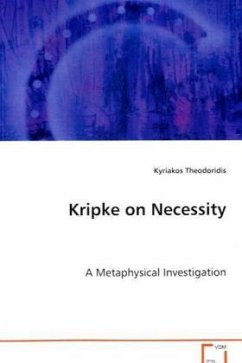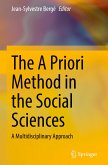It is generally conceded that Saul Kripke'sgroundbreaking monograph Naming and Necessity (1980)has rearranged the landscape ofcontemporary philosophy. In his book, Kripke setsforth an intriguing line of thought which involves anumber of original theses within analytic philosophyand issues into a comprehensive theory ofmetaphysical essentialism. The present studyundertakes a thorough investigation of Naming andNecessity, aiming to attain a perspicuous expositionof the Kripkean programme, to clarify the keynotions, and to argue that the realist theory ofmetaphysical essentialism cannot be retained. Theinquiry is thematically concerned with the epistemicand the ontological levels of modality, advancingthereby certain novel ideas regarding the analysisof modal statements which avoid the inconsistenciesof realist essentialism and suggest a non-realistreading of Kripkean modality. This book claims theconsideration not only of advanced philosophystudents and specialists in the field but also ofcognitive and social scientists interested in thephilosophy of essentialism and modal epistemology.








